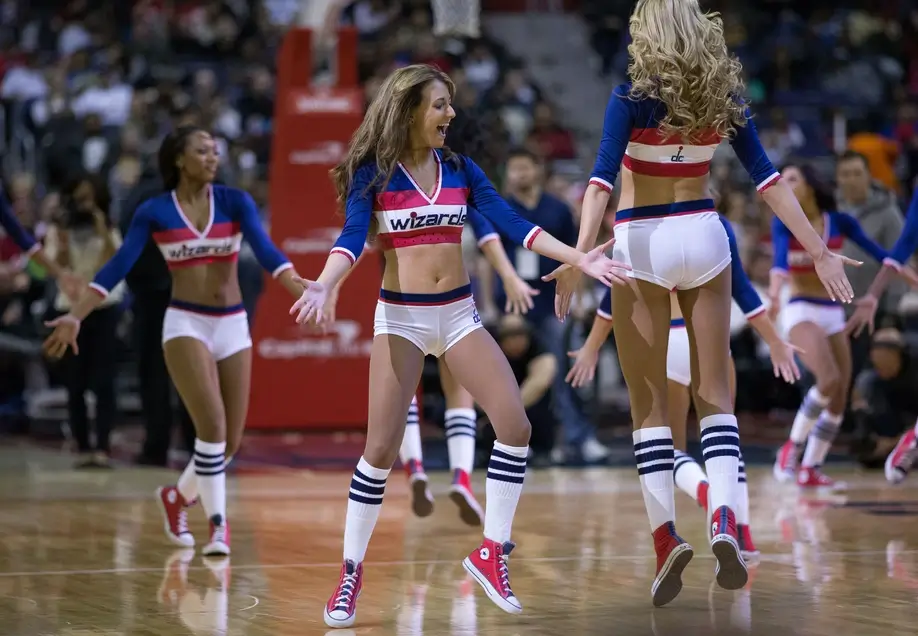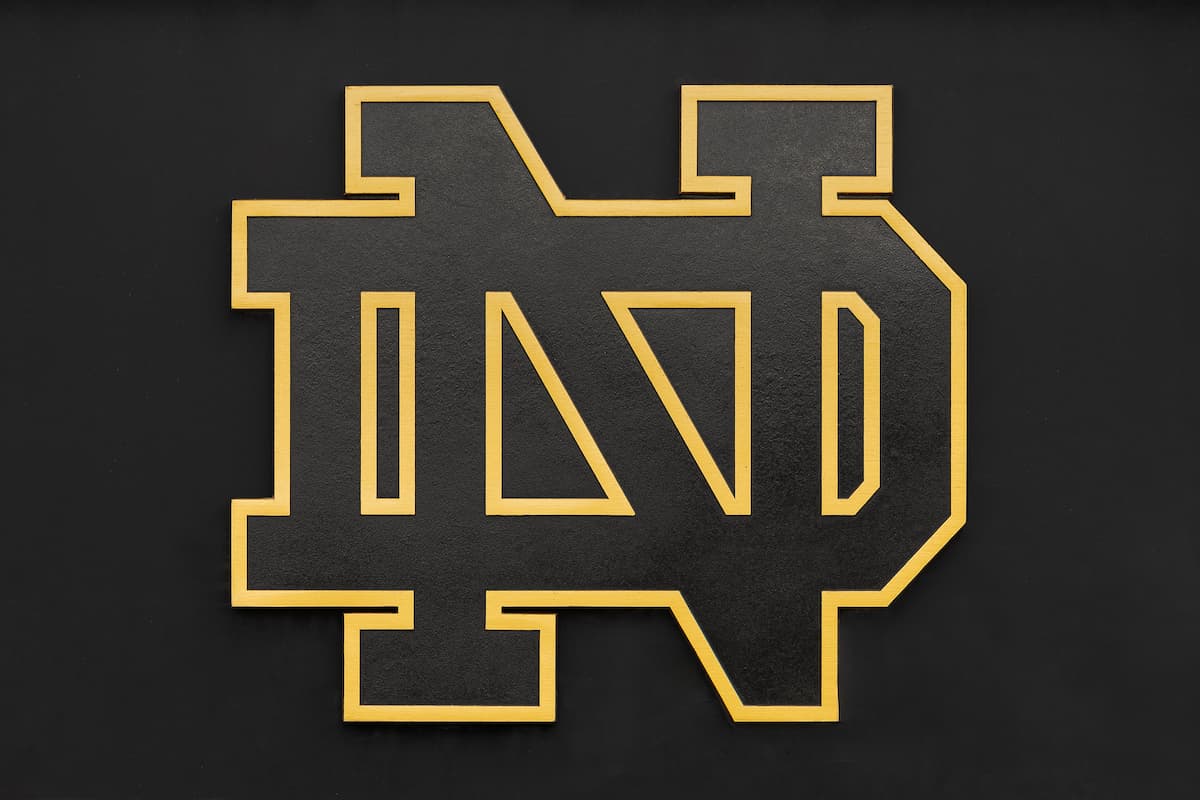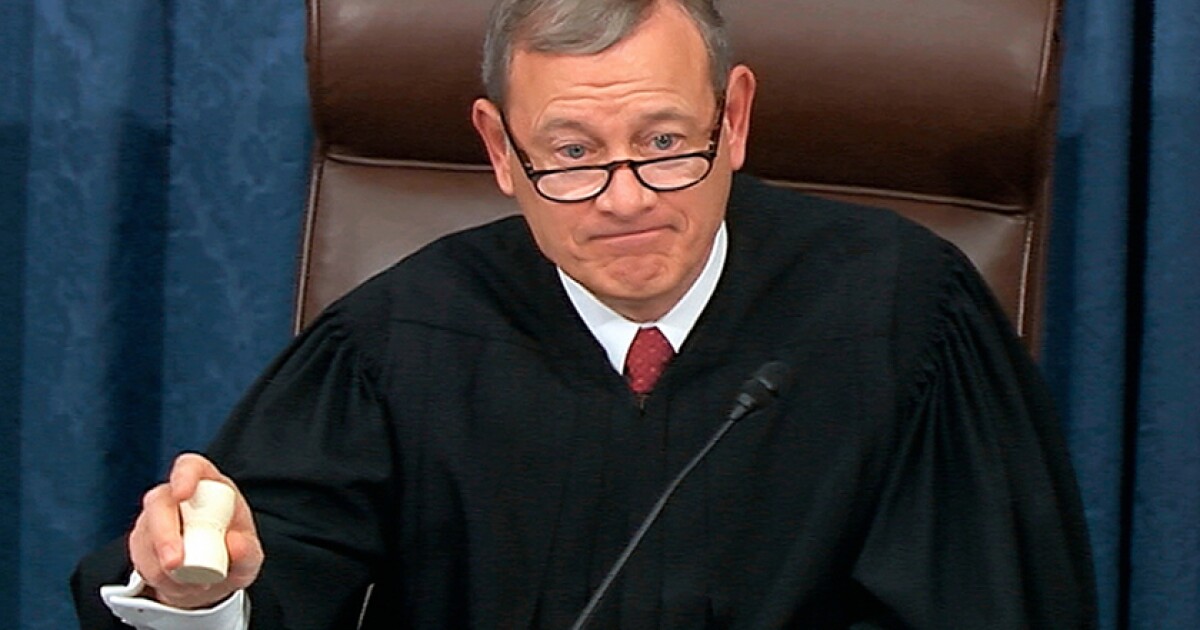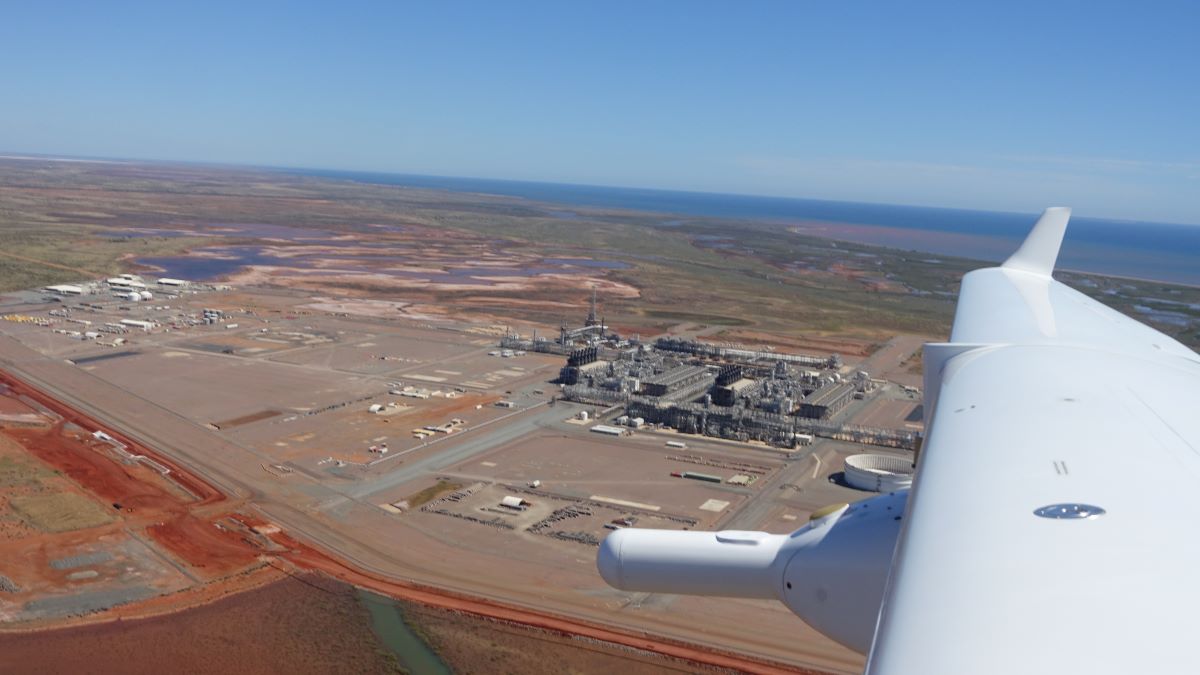After everything that has happened to his country this year, Ukraine’s Oleksandr Usyk is even less concerned about the threat of Anthony Joshua in August, writes Declan Taylor
OLEKSANDR USYK sits in a plastic chair beneath a golden chandelier in a side room on the first floor of the Four Seasons on London’s Park Lane.
Dressed in the blue and yellow of Ukraine, with ‘Colors of Freedom’ emblazoned across his chest, the 35-year-old only occasionally draws his gaze away from the floor during an interview which lasts more than 30 minutes.
After 19 professional contests which have marked him out as arguably the No.1 pound-for-pound fighter on the planet, Usyk knows by now how to sell a fight. He is in London because he will face Anthony Joshua in a rematch in Jeddah, Saudi Arabia on August 20.
But this press conference is very different to the others. A crowd gathers at the entrance long before either combatant arrives at the hotel; par for the course whenever Joshua is due. One of the heavyweights that the Londoner now manages, Derek Chisora, loiters in the lobby.
Up the stairs the press conference room is rammed already. More chandeliers and belts from the WBA, WBO, IBF and IBO hang around the small pine-panelled room. Around 50 cameras line the back and sides of the room in order to capture the press conference, during which only promoter Eddie Hearn will ask any questions. In what might be a boxing first, it starts on time.
Everyone on the top table has their say; Egis Klimas and Alex Krassyuk on one side, Joshua’s new trainer Robert Garcia on the other. Both boxers also answer a couple of soft balls about the importance of winning. In truth, the set-piece part of any press conferences like this is largely mundane. It is mainly a visual exercise, particularly when the two boxers face-off at its completion. As the pair finally take their eyes off each other and face the crowd, Usyk raises a fist in defiance. For him, this whole fight is an exercise in it.
It is now four months since Russia began their assault on Ukraine. Usyk, the No.2-rated heavyweight in the world, has been part of the war effort in Kyiv for much of that. It seemed as though this rematch of his August 2021 fight with Joshua simply could not happen while this awful conflict raged in the way in which it has since February.
But, after the blessing of the country’s sports minister, Usyk travelled 300 miles west to cross the border into Poland to begin his training camp. Following the official announcement of the fight last month, he then went to Saudi and he is now in London. But there is only one place he really wants to be.
“I really didn’t want to leave my country or my city,” Usyk says. “As soon as this fight is over, I will go back to Ukraine.”
While the quotes from the main press conference will not glean many headlines, when Usyk speaks from his plastic chair away from the cameras, it feels like something of a moment in time. One of the finest fighters on the planet has left an active warzone in order to defend his three heavyweight belts against one of the biggest stars in the sport before picking up his rifle once again, win or lose. There are Hollywood storylines and then there is Usyk.
By way of reinforcing the sheer madness of the situation, the London 2012 Olympic champion explains how since he left his home in the Vorzel region of Kyiv, it has been taken over by Russian soldiers. “It’s true that they went into the house, broke a fence and all sorts of different things,” he says. “They made living spaces and stayed there for a while.”
Before he left, Usyk had been part of a territorial defence battalion. He prayed every day that he would not have to use the gun he was given.
“Every day I was there I would pray to the Lord, please don’t let anybody try to kill me,” he says “Don’t let anybody shoot me and please don’t make me have to shoot any other person. But if I had felt any danger, or that me or my family’s lives were in jeopardy, I would have to.”
What is obvious almost immediately, is that this is a man with far more important things to worry about than a boxing match. When the conversation turns towards Joshua, there is a definite ambivalence. Why, then, did he choose to box at all?
“I went to a hospital where soldiers were wounded and getting rehabilitation from the war and they were telling me, asking me to go and fight for my country and for my pride,” he says.
“They told me that If I go and fight there I am even going to help our country more than if I stayed and fought in the war. I know a lot of my close friends are on the front line, standing and fighting so all I am doing right now is supporting them. With this fight I want to bring them some joy in between what they do.
“Sometimes I just force myself to smile, or I force myself to sing or to dance. But I don’t even know how to explain all of this. My children are asking: father, why do they want to kill us? I just don’t know how to answer that.
“It took me only one day of the war to understand completely that everything I have, everything that I have achieved, all my belts, all my titles, I can lose it all in just one second.”
How do you possibly go about fighting a man with that mindset? One Englishman in a pair of boxing gloves suddenly feels so inconsequential against the backdrop of Usyk’s life.
“You’d have to ask him that,” Joshua says. “I can’t answer that. If it was me it would definitely have an impact and I don’t know if it would be positive or negative.”
What is abundantly clear is that this is a different Usyk to the one that arrived in London last August. He is serious now, almost sombre, but that is not to say he doesn’t mean business. As Usyk speaks, a behind-the-scenes camera from Matchroom’s in-house production team enters the room and begins to film. Klimas, who sits on Usyk’s right, pauses the interview immediately and tells him to leave. They have a nation expecting so will be leaving nothing to chance.
Neither will Joshua. In fact, so desperate is he to right his wrongs from August that he sacked the man who had been in his corner for well over a decade, Rob McCracken. From beneath the same chandelier as Usyk, an hour or so earlier, Joshua had explained the decision with scarcely believable honesty.
He felt that there had been a breakdown in communication in the corner at the Tottenham Hotspur Stadium that night, which contributed to his unanimous decision defeat. “I swear I thought I was winning,” Joshua says. “I thought I was looking like Muhammad Ali in there.
“Throughout the fight I thought I was winning but by the 12th I kind of knew it was close. I thought at that stage I was well in the fight because it didn’t seem like there was any real communication as to where I’m at. Like ‘you’re losing this fight… you’re down by two rounds’. I didn’t get that.
“It’s more like ‘double jab, right, left hook’ it wasn’t like ‘take the fight to this f**ker, listen you’re losing the fight’, no. A trainer needs to tap into that psychological aspect now because if you can overcome your mind you can give more.
“Not always but at times like that, yeah, ‘we’re losing a world championship fight’ and sometimes you need to tell your fighter that.”
Joshua drew some comfort from the fact that, when they faced off, he could see the diagonal scar above Usyk’s right eye that he had caused in Tottenham.
“He’s got a slice on his eye from me,” AJ says. “Actually I was thinking back, I’ve cut up a few people’s faces in my time; Paul Butlin, Usyk, I split [Kubrat] Pulev’s lip.
“I just grazed [Andy] Ruiz – he doesn’t count ‘cos I mean properly smashing faces in. I like that stuff, I never had a style, I just adapted. One of my strengths was my power but I always wanted to go down that path of being a clean boxer, ‘hit and not get hit, especially if I want to have a long and successful career.
“You need to have good defence but I moved away from the ferocious side of boxing where I knew I could hit and stun people. And I do miss the days of slicing people’s faces open and hurting them, for sure. So I am looking forward to getting back to that.”
Later, it is relayed to Usyk that Joshua noticed his scar. Almost instinctively he raises his eyebrows and flashes one of very few smiles of the day.
“Really, I don’t care about Joshua,” he says. “I don’t care how he trains or what he does, I just worry about my training camp, what I eat, my work, how my family are, my country. I don’t think about Anthony.
“I am going to be following what’s happening back home every single day. I don’t want to be cut off from that, I want to hear every day what’s happening in my country.”
By now the hubbub outside the room has quietened as the final few broadcast interviews are wrapped up in time for the next news cycle. In Ukraine the war will continue while Joshua and Usyk lock themselves away for the final stages of their training camps.
This unique heavyweight contest of our time is seven weeks away.





















Discussion about this post